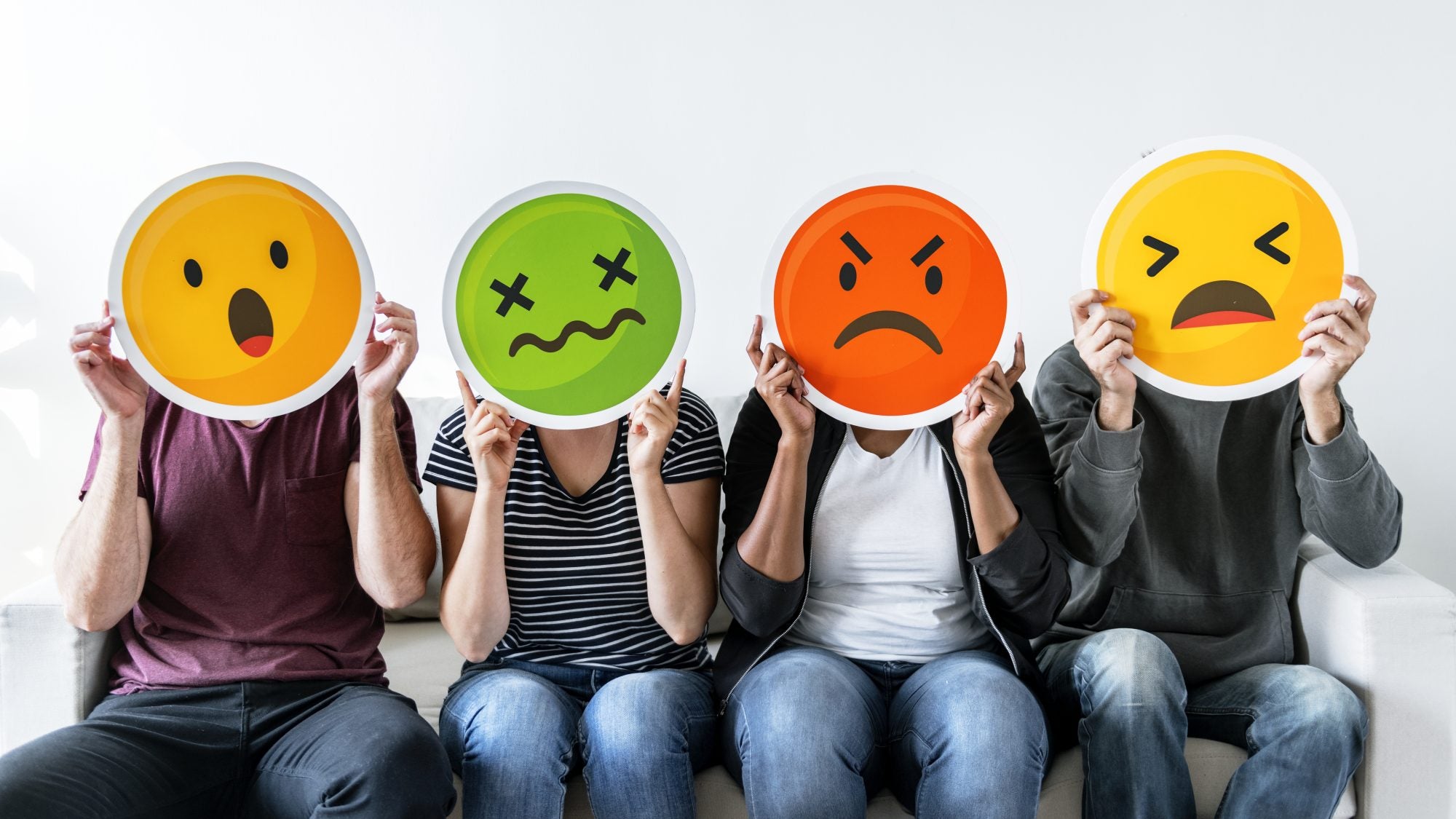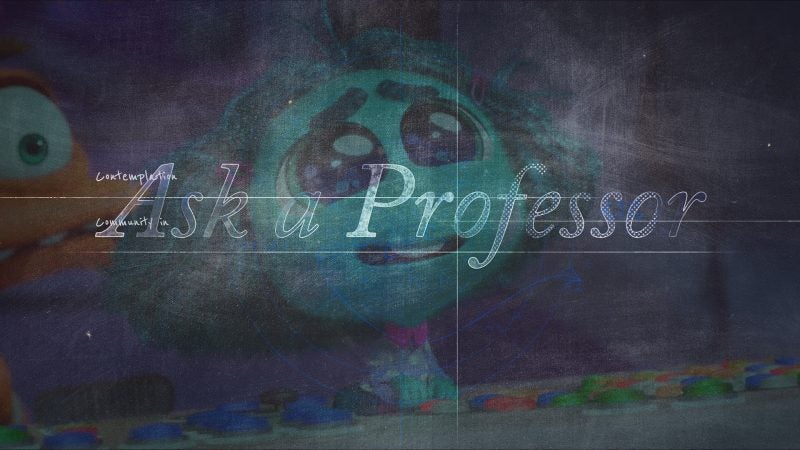Ask a Professor: W. Gerrod Parrott on ‘Inside Out’ and Envy
How do you define envy?
It’s an unpleasant emotion that comes from comparing yourself to someone else and finding them to be superior in some way. The negative feeling usually comes because it makes you feel inferior, defective or inadequate.
Are there different types of envy?
If you’re just sitting there longing for what someone else has and feeling not as good as they are, that would be called benign envy. Benign envy is not why envy is listed among the seven deadly sins.
Envy has a habit of transmuting itself into something that involves a lot more hostility. Rather than just feeling inadequate, people tend to try to twist things around so that it’s unfair or the other person didn’t deserve it. So you end up with these feelings of ill will and hatred. That’s called malicious envy. When you find yourself wanting to hurt the other person or rejoice in their misfortunes, then you have something more like a sin.
Why do humans have emotions if they don’t always feel good?
It’s one of the all-time great questions. Emotions are reactions that have helped people adapt to circumstances in a way that promotes their survival and furthers their goals.
Sometimes people have trouble seeing the usefulness of unpleasant emotions. I don’t think there’s an emotion that’s never useful. They lead us to think and act in ways that are very helpful under the right conditions.
In what ways can envy be useful for human beings?
If you feel envious, you are paying attention to the fact that you’re lagging in some realm that’s personally important to your sense of who you are and that might affect your standing in the community or affect your success at work. It gets you thinking about why you lack what this other person has and what you can do about it.
Can you bring yourself up? Can you pull the other person down? Envy tends to displace other concerns from your attention, so you become very focused on this new issue. Whatever you were doing before falls by the wayside.
How are envy and jealousy different?
One thing I enjoy doing is clearing up confusion in the world of emotions, and envy and jealousy are often confused.
Someone else goes on a nice vacation and you don’t go. In that situation, there are two characters, you and the other person. They have something that you lack and wish you had. You feel this longing for it, and it makes you feel inferior or sad, or hostile and resentful. That’s envy, either benign or malicious.
Say you’re in a romantic relationship and some other charming person comes by who seems to be getting a lot of attention from your partner. Here you have three characters: There’s you, your partner and the rival. It’s a triangle not a dyad. You have something that you’re afraid you’re going to lose. The emotional tone isn’t so much one of ill will and inferiority as it is of anxiety and fear of losing something. [That’s jealousy].
How do people typically respond when others envy them?
I’ve done research on what it’s like to be envied, and it turns out to be an ambivalent experience. It’s got its positive side. In some ways, it feels great. It sort of validates your achievements. It makes you feel respected and looked up to.
Then it’s got this whole downside because we know that envy makes other people feel bad and can lead to hostility that’s directed at you. So all of a sudden you go from being one of the gang with a bunch of friends to being this person that other people resent, and your achievement is making them feel bad about themselves.
You have this sense that if something bad happened to you before they would’ve all come to support you. Now they’re all secretly feeling like, “he had it coming.” It’s this rich, complicated emotional experience.
When people sense they’re in an enviable position, they’ll either talk about how a lot of it was luck, or they’ll talk about how there are other things in their life that aren’t going well right now. They’ll highlight how their life isn’t perfect or they’ll compliment their friends and make them aware of ways in which they’re also doing well, or they’ll share the spoils of their success. There are cultures where when something good happens to you, you have to have a big party with lots of fancy food and share with everybody so that everybody benefits from your good news and has less reason to feel hostility toward you.
What’s your favorite character from Inside Out?
From the first Inside Out movie, my favorite character was Sadness because at the end, Sadness turns out to be useful and helps Riley deal with loss. I haven’t seen the new movie yet, but I’m excited that Riley is getting new emotions that are more complex. I’ve done research on two of them, Envy and Embarrassment. Nostalgia is a mixture of pleasant and unpleasant. Anxiety and Ennui are perfect expressions of modern adolescence.




